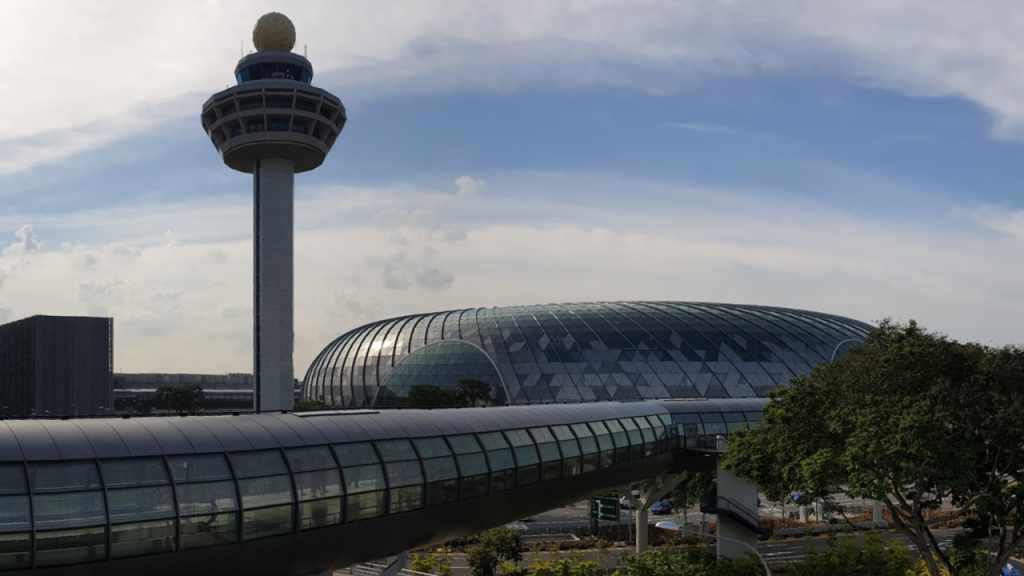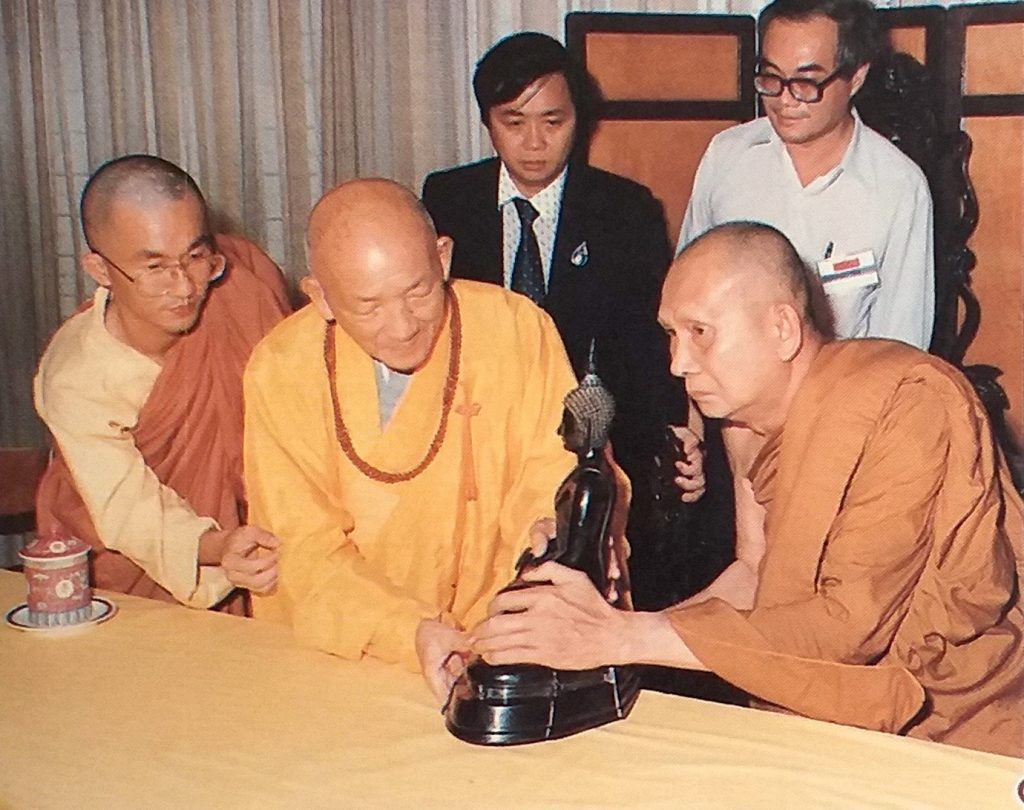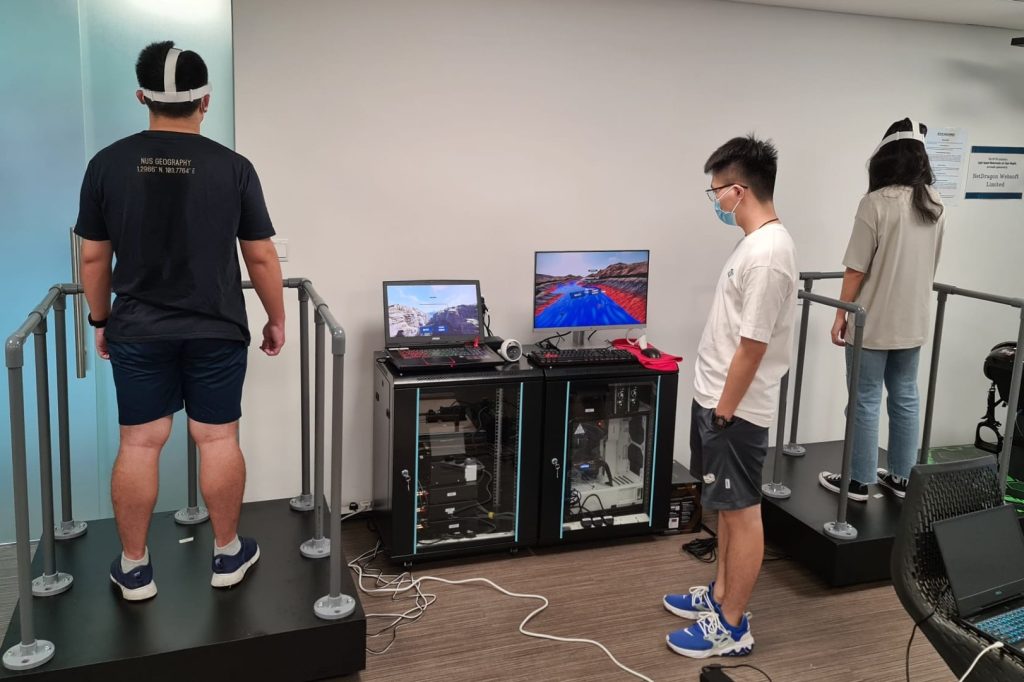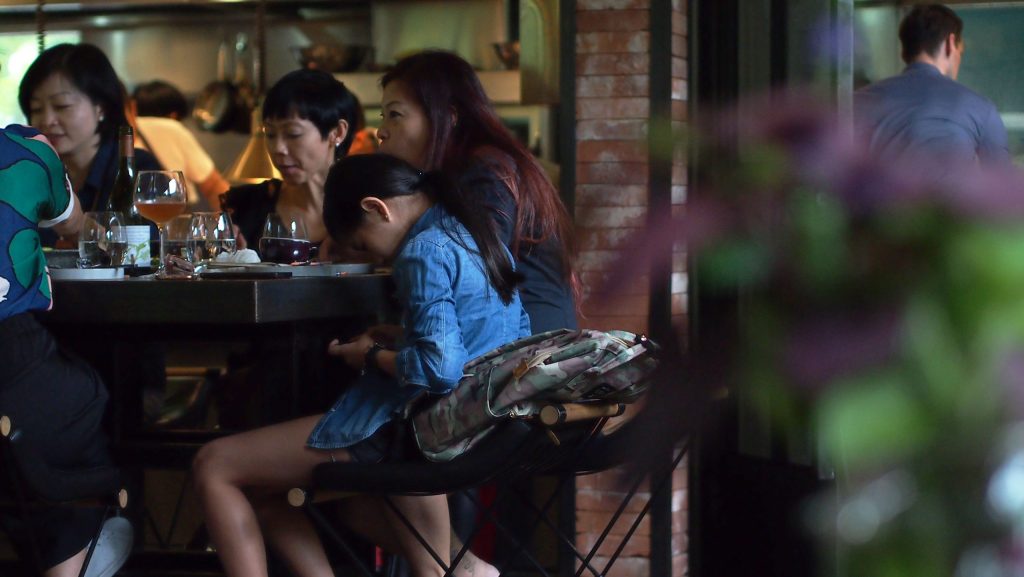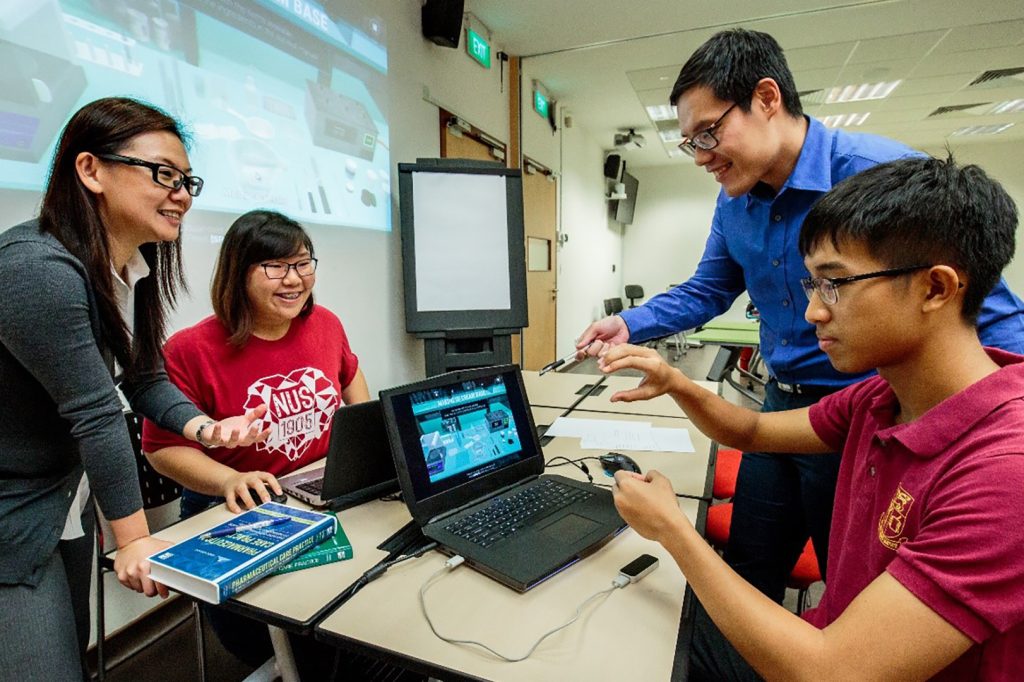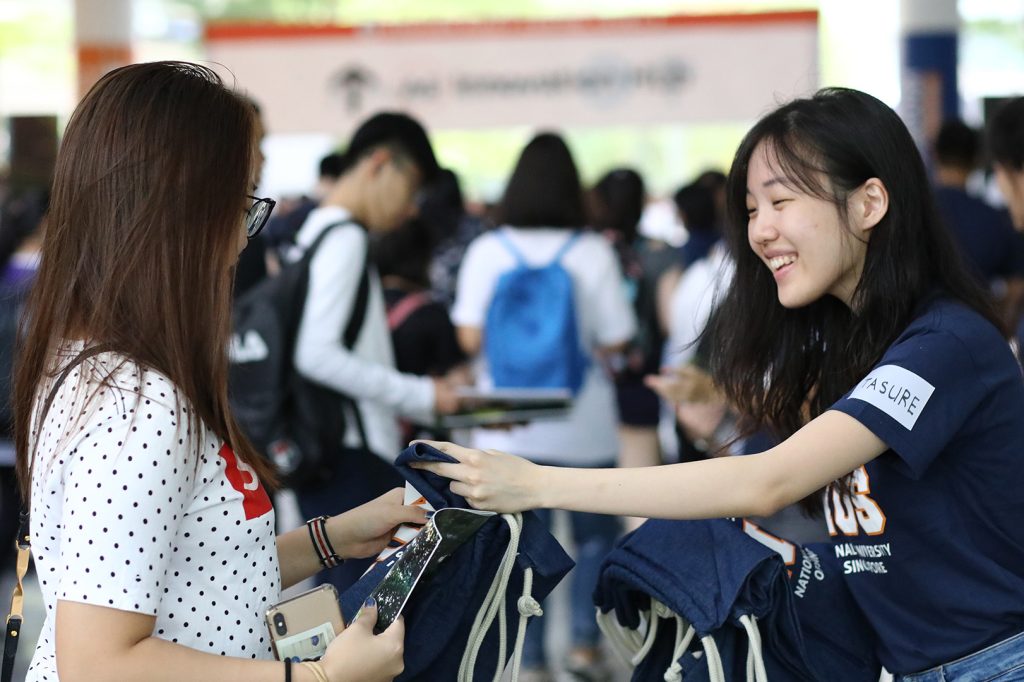News
Find out how the University has developed and broadened our curriculum to better prepare our graduates for the swiftly evolving workplace, and how interdisciplinary learning can help students solve complex issues in our society.
The Social Science and Humanities Research (SSHR) Fellowship was established by the Social Science Research Council (SSRC) as part of its efforts to nurture local talents and strengthen the social science and humanities research ecosystem in Singapore. As SSRC’s first talent development scheme, the SSHR Fellowship aims to support promising Singaporean social science and humanities …
Featuring a Success Story – Social Science and Humanities Research Fellowship Read More »
The Social Science and Humanities Research (SSHR) Fellowship was established by the Social Science Research Council (SSRC) as part of its efforts to nurture local talents and strengthen the social science and humanities research ecosystem in Singapore. As SSRC’s first talent development scheme, the SSHR Fellowship aims to support promising Singaporean social science and humanities …
Featuring a Success Story – Social Science and Humanities Research Fellowship Read More »
The Ministry of Education Tier 1 Grants, administered by the NUS Faculty of Arts and Social Sciences, have 2 to 3 calls every financial year. The application is open to all tenure track faculty members and the grant supports projects in the social sciences and humanities with a total project value of below S$180,000 over …
Featuring A Success Story (FASS) – Tier 1 Grants Read More »
The VR tech adds a touch of realism to the learning experience, allowing students to immerse themselves in various scenarios of earth processes that can be difficult to visualise without first-hand experience.
The HSS Faculty Research Fellowship (HSS FRF) provides release from teaching and administrative duties for one semester. The award may be held in either semester one or two, for work in Singapore or overseas. The fellowship is open to full-time NUS faculty members on tenure track. Preference will be given to junior and mid-career scholars …
Featuring A Success Story (FASS) – HSS Faculty Research Fellowship (HSS FRF) Read More »
The Ministry of Education Tier 1 Grants, administered by the NUS Faculty of Arts and Social Sciences, have 2 to 3 calls every financial year. The application is open to all tenure track faculty members and the grant supports projects in the social sciences and humanities with a total project value of below S$180,000 over …
Featuring A Success Story (FASS) – Tier 1 Grants Read More »
NUS is offering a number of new programmes to prepare graduates for the future.
NUS is offering a number of new programmes to prepare graduates for the future.



